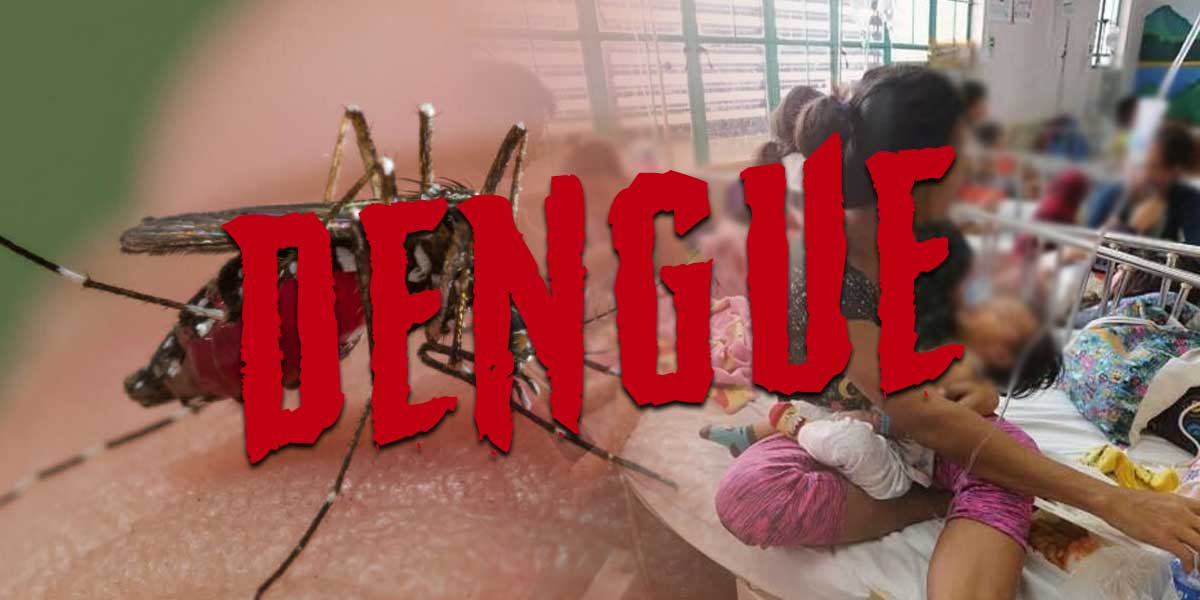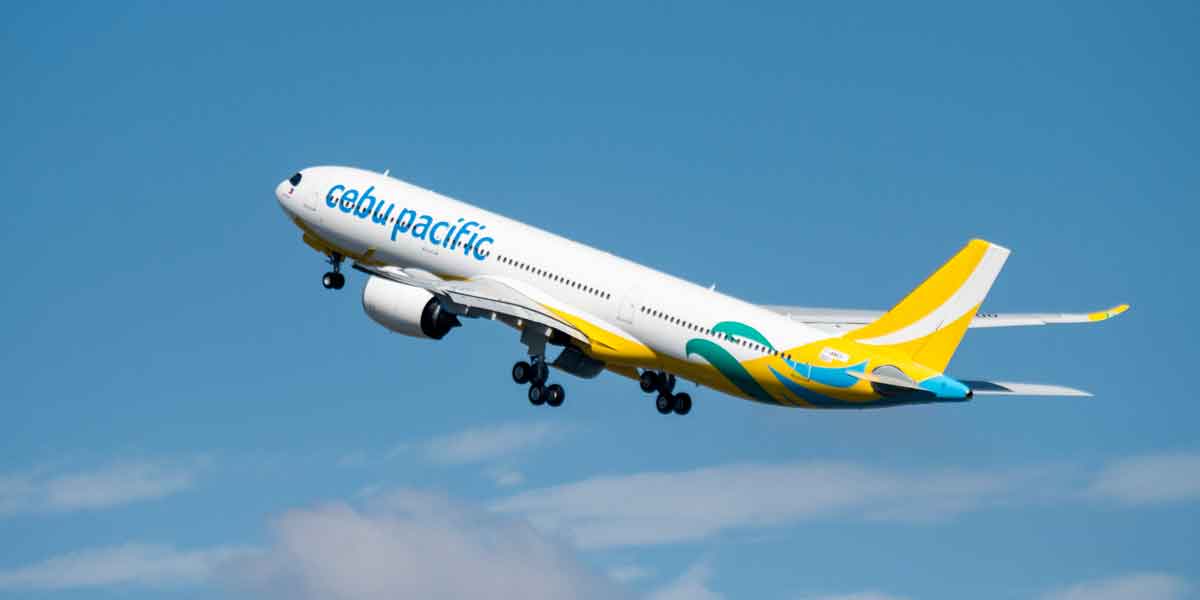By Stefano Paolo Buñag
A few years back, I did a road tour in a Western Visayas city where a number of Micro and Small Enterprises was located. At this stage of needing to re-industrialize the country, I noted that the socio-entrepreneurs I visited had to shape up and fulfill the priority standard of SANITATION. Sustainable sanitation not only earns for the product developers their rightful place within the products ecosystem and makes their products more competitive.
The micro-enterprises should upgrade their businesses to meet regulatory requirements starting with the protection and handling of the environment and natural resources that they tap for producing their products, people management and overseeing the impact of economics on communities.
The small businesses I encountered fell short of sustainability standards by not ensuring the Quality of Life (QOL) of its workforce now and into the future. Laborers characteristically worked bare-chested and in shorts with slippers on mostly unpaved soil flooring and poorly-constructed tables.
MSMEs’ Resiliency
The MSMEs, though, are remarkably resilient. The number of MSMEs in the Philippines has grown from 1,076,200 in 2021 to 1,105,143 in 2022 — or 99.59% of a total of 1,109,684 business enterprises in the country, according to the Philippine Statistics Authority. Region 7 or Central Visayas at 79,689 MSMEs and Region 6 or Western Visayas at 75,553 belong to the top five regions with the most number of MSMEs.
Micro enterprises are the promise of a growth economy considering that they constitute 90.49% or 1,004,195 of the total establishments and 32.69% of the country’s total employment at 5,607,748 jobs. Good working conditions are critical to achieving an economically viable business, a sound, socially acceptable and technology-oriented ecosystem and a work-life balance aimed at the QOL of communities they deal with.
While micro enterprises are categorized with assets of PHP3,000,000 or less and with at least one to nine employees, contributing to 36% of the country’s GDP and together accounting for 25% of total exports, some indicated that they started their business with a capital of less than PHP150,000, according to the Socioeconomic Research Portal for the Philippines.
Financial Non-Inclusion vs. Operations
Most micro enterprises are affected by their non-inclusion in the financial system, hampering their ability to sustain their businesses from meeting their overhead costs to compensating their employees on time and as budgeted. As a consequence, behavioral misdemeanor which affects productive time management occurs – such as one employee sitting on a table in front of a seated co-employee that is working on a paperboard packaging for a product.
The micro-enterprises must review their production processes especially with those involved in what contributes most to the growth of the economy – the wholesale and retail trade sector. A highlight of this industry sector is the production, manufacturing and distribution of goods. Product development and the creation of its packaging graphics and structure require the adoption of the global direction of sustainability in governance and practices with the workforce enjoying their use of natural, social and economic resources now and in the future.
Small-scale business operations should provide employees with the necessary tools, facilities/machineries and materials inventoried – to help and support them to perform their tasks efficiently.
Lipa’s PackEdge and Iloilo’s GLOBALPACK
Financial operations basically involve sourcing, managing and optimizing financial resources including budgeting, accounting and addressing cash flow conditions. Our PackEdge advocacy in Lipa, Batangas helped address the need for financial literacy for small businesses which comes in handy especially when it comes to converting part of the OFW remittances for the family into assets for the families’ businesses. OFW remittances can help augment microcredit.
Production and manufacturing operations involve partnerships with different suppliers to keep the supply chain going and with the infusion of marketing and technology, to help boost the MSMEs’ potentials. Our Systembrand Integrated Group of Marketing and Corporate Communications provided the MSME sector with a concrete pathway on how to successfully engage in export trade through its global event, GLOBALPACK. This major event was the first collaboration with the World Packaging Organization (WPO) through then WPO President Tom Schneider’s participation in GLOBALPACK.
GLOBALPACK was organized to help the livelihood of small ecopreneurs in collaboration with then Dr. Leo Braña’s School of Packaging Engineering at the Central Philippine University in Iloilo. The WPO President brought with him packaging industry leaders from the US to share their expertise with the local MSMEs, especially those involved in export trade. The Philippine Institute of Packaging (PIP), the Department of Trade and Industry (DTI) and Department of Science and Technology (DOST) helped round up this learning experience with the MSMEs.
SYSTEMBRAND’s PacKILOS and WPO’s Sustainability Mission
Design Systemat, our Systembrand Group’s company specializing in Product and Packaging Development, Logistics and Branding, has continued working since GLOBALPACK with WPO. I have been active with WPO in helping achieve its goal of educating people on how packaging contributes to a more sustainable community, raising living standards, creating jobs and improving people’s lives. My latest involvement with WPO was participating in the ProPak Asia event in Bangkok which featured innovative technologies and solutions and the industry’s investments in helping micro enterprises achieve their sustainable goals.
In alignment with WPO’s sustainability mission, the Systembrand Group created PacKILOS for the digital market economy transformation of MSMEs through their necessary orientation towards the packaging industry and market and the need for professional consultancy into packaging design, production technology and sustainability.
Stefano Paolo Buñag is the President of Design Systemat, the origin of the Systembrand Integrated Corporate and Marketing Communications Group of Companies. He is also a two-termer President and present Director of the Packaging Institute of the Philippines. He represents the World Packaging Organization for Southeast Asia.
Paolo’s expertise in Brand Marketing, Packaging Graphics and Structural Designs and Supply Chain and Logistics Management is an outgrowth of his studies in Communications Research at the University of the Philippines and specialized courses in Digital Art at the San Francisco Academy of Art.
Some of his works were the national branding design of the Bangko Sentral ng Pilipinas banknotes in 2010. On the corporate side were his logo designs were for the First Generation company of the MERALCO group and Vivant Energy, etc. which were complimented by his consumer packaging designs for Hersheys and Colgate.
He is now involved in promoting WPO’s sustainability programs in the areas of the ESGs (or Environment, Social and Governance) goals of industries and businesses here in the Philippines and countries abroad.
Email: stefanopaolo.bunag@systembrand.com



















